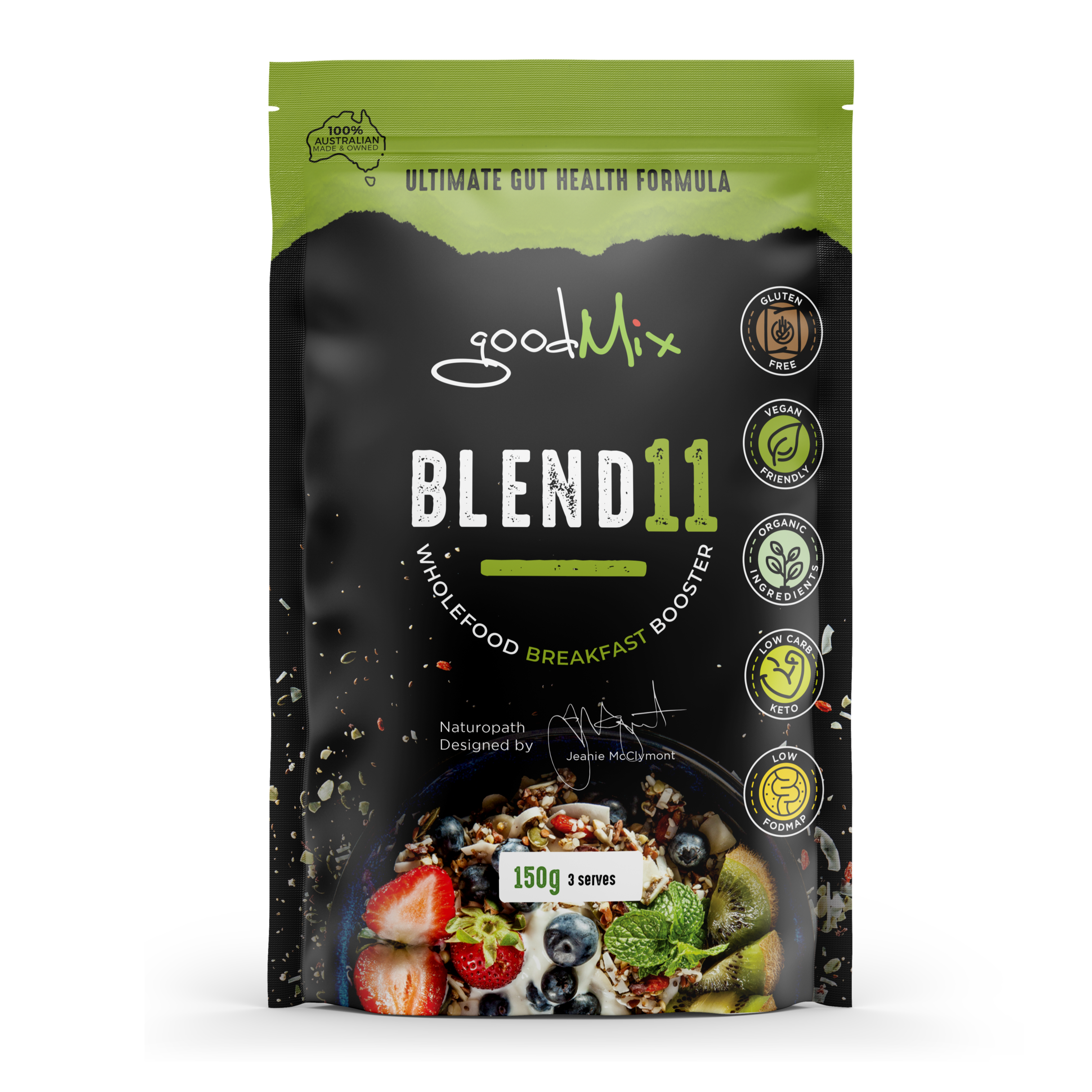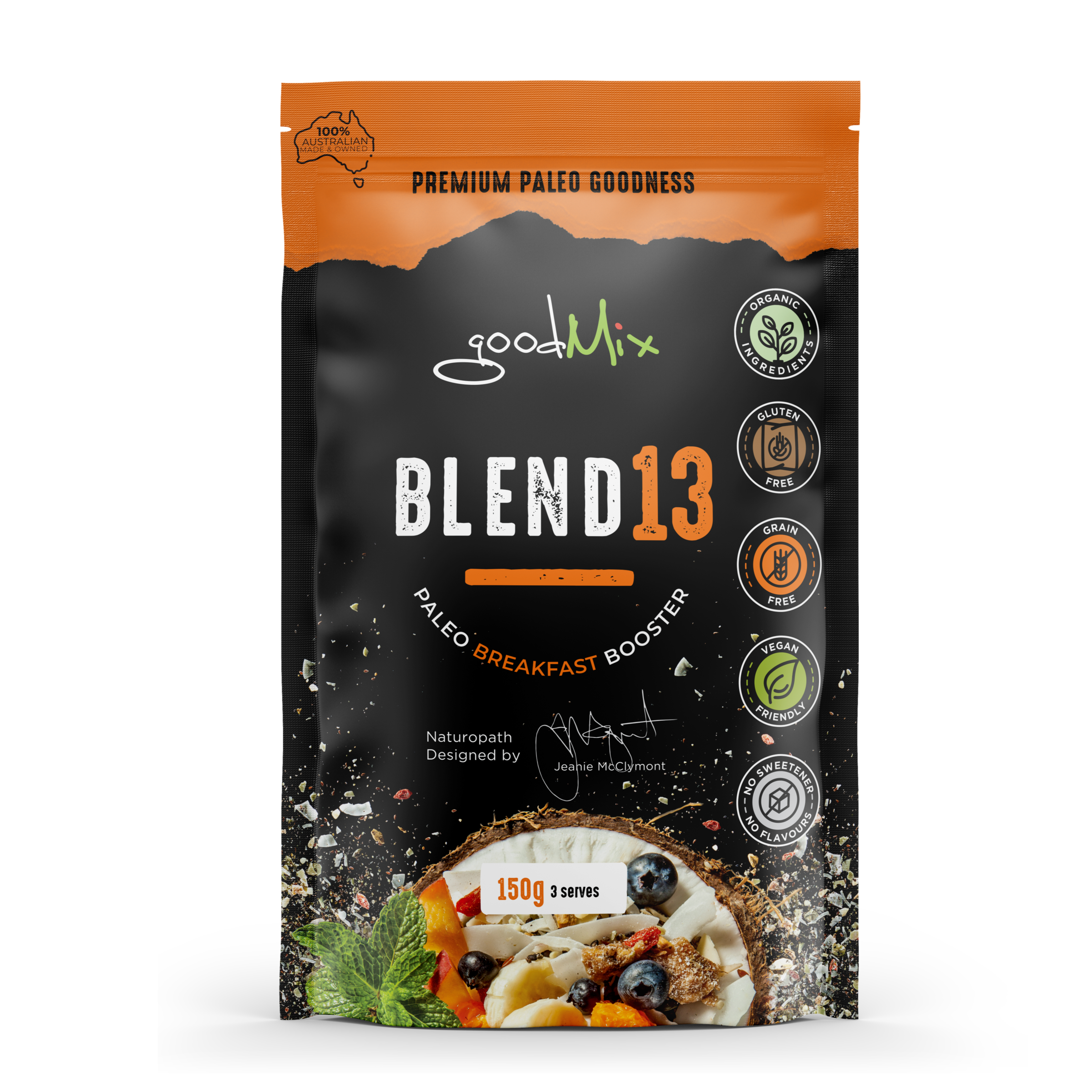
Human Health: We're Surviving…but Not Thriving
In today’s world, we’re living longer than ever before, yet most of us aren’t thriving. The rise of chronic health problems has become an epidemic, largely driven by our modern diet and lifestyle, our over-reliance on pharmaceuticals and our divergence from the natural laws that once governed human survival and reproduction.
The Epidemic of Chronic Health Problems
Chronic diseases such as heart disease, diabetes, obesity, and autoimmune disorders are rampant in modern society. Unlike acute illnesses, these conditions develop slowly over time, often linked to diet and lifestyle choices. Processed foods, devoid of fibre, high in sugar and unhealthy fats, have replaced the nutrient-dense, unprocessed and diverse diets our ancestors thrived on. Sedentary lifestyles, marked by long hours sitting at desks or in front of screens, have replaced the physically active lives humans are meant to lead. These lifestyle changes have wreaked havoc on our health, contributing to the chronic conditions that plague so many today.
No longer Subject to Laws of Nature and Evolution
Humans evolved under the principles of natural selection and survival of the fittest. For millennia, only the strongest, most adaptable individuals survived to pass on their genes. Our ancestors lived in harmony with nature, deeply connected to the environment, and their survival depended on physical strength, intelligence, endurance, and a strong immune system. Today, however, these natural selection pressures have diminished. Medical advancements, while life-saving, allow individuals with weaker genetics and unhealthy lifestyles to survive and reproduce. This shift has contributed to the persistence and increase of chronic conditions that were less prevalent in the past. How many of us would have died at some point without timely medical intervention? It’s great for us as individuals…but as a species…we’re now on a fairly rapid health decline.
Reliance on Pharmaceuticals, Failing to Address Root Causes of Disease
The modern allopathic healthcare system relies heavily on pharmaceutical and surgical interventions to manage chronic diseases. While these can alleviate symptoms and prolong life, they generally fail to address the root causes of the conditions they treat. For example, a person with high blood pressure may be prescribed medication to lower it, but if the underlying cause - such as poor diet, lack of exercise, or chronic stress - is not addressed, the problem persists. Moreover, most pharmaceuticals come with side effects that can lead to further health complications, creating a cycle of dependency on medication rather than promoting true healing and wellness.
What We Are as a Species
Humans are social, tribal creatures who evolved to live in small, close-knit communities, predominantly outdoors, engaged in activities like hunting, gathering, and foraging. Our physiology and psychology are adapted to a lifestyle that involves regular physical activity, diverse and natural diets, and deep social connections. Our ancestors lived in sync with the natural rhythms of the earth—rising with the sun, sleeping in darkness, and eating seasonal foods.
The Modern Western Lifestyle vs. Our Evolutionary Roots
Contrast this with the lifestyle of the average modern Western city dweller: Most of us spend our days indoors, bathed in chemicals, sitting for hours on end, disconnected from nature and each other. Our diets are dominated by processed foods, often eaten on the go, lacking the nutritional diversity our bodies require. We mostly live in large, impersonal cities where social isolation is common, and stress levels are high. This stark difference between our evolutionary heritage and our current way of life has profound implications for our health.
Our bodies are still wired for a tribal life of movement out in nature, eating natural foods, with sleeping patterns governed by the sun, and with crucial social bonding. We now find ourselves in an environment that encourages the opposite. This mismatch between our biology and our modern environment is a key factor in the rise of chronic health issues. We are living like animals in captivity - and we suffer health consequences, like any other animal removed from its natural habitat!
Health Issues in Captive Animals vs. Wild: A Parallel
The health challenges humans face in modern society are of course similar to the issues observed in animals raised in captivity, such as those in zoos, intensive farming operations or circuses. Just as humans experience chronic health problems due to our unnatural living conditions, animals in captivity suffer from physical and psychological ailments that are rare in their wild counterparts.
Physical Health: Animals in captivity frequently develop obesity, cardiovascular issues, and joint problems due to lack of space, limited / unnatural physical activity, and unnatural diets. For example, studies have shown that elephants in zoos often suffer from foot problems and arthritis, conditions rarely seen in wild elephants who roam vast distances. Sound familiar?
Mental Health: Captive animals also exhibit signs of psychological distress, such as repetitive behaviours (e.g., pacing or self-harm), which are indicators of boredom, frustration, or stress. These behaviours are rarely observed in the wild, where animals are engaged in natural activities like hunting, foraging, and socialising. Hands up who feels compelled to engage in repetitive stress relieving behaviour (ie alcohol / pot / pharmaceuticals, and even compulsive jogging, gym sessions, colouring in, yoga, meditation etc). We’ve all got our coping mechanisms, whether we realise it or not.
Stress and Immunity: Similar to humans, chronic stress in captive animals weakens their immune systems, making them susceptible to diseases that are uncommon or unheard of in the wild. The stress of living in an unnatural environment can lead to a host of health problems, mirroring the chronic inflammation and immune dysregulation seen in humans living under the constant stress of our ‘species incompatible’ modern lifestyle.
We can’t go back to hunting and gathering, living in the dirt / jungle now, but these parallels highlight the importance of modifying our environment and lifestyle into something that more closely aligns with our natural needs. Just as animals thrive best in their natural habitats, humans too need to reconnect with a lifestyle that is more in harmony with our evolutionary design to truly thrive.
Thriving vs. Surviving
While we now have the means (through amazing, life-saving and extending medicine) to survive longer than ever before, true thriving (experiencing optimal health, vitality, and well-being) remains elusive for most. To thrive, we need to realign our lifestyles more closely with our evolutionary biology. This means prioritising whole, natural foods, engaging regularly in the kinds of physical activity we evolved to perform, fostering deep social connections, and spending more time outdoors, reconnecting with the natural world.
So in conclusion, one of the main keys to moving from ‘surviving’ into thriving lies in recognising the impact of our modern diet and lifestyle on our health, and making choices that honour our evolutionary roots. By doing this, we can start to reclaim our health, reduce our reliance on pharmaceuticals, and live lives that are not just longer, but healthier, more energetic and more in tune with being a proper ‘wild’ human..
*Of course - goodMix foods have to fit into this article somewhere! Basically, they help to address one of the main ‘modern lifestyle issues’ - lack of nutrients, fibre diversity and subsequent gut microbiome diversity due to decades of over reliance on unnatural, processed foods. It may not seem like much, but anything you do to help improve your nutrition and your bowel health will impact you on every level, as you’ll alter not just your bowel, but also your biochemistry / immune function / inflammatory processes.
You’ll generate more of your own healthy ‘medicinal’ substances (by-products of gut microbial fermentation like butyrate); plus decrease the toxic burden on your liver and lymphatic system from an overloaded / inflamed / leaky gut. Even your brain and mental health improve with natural nutrition and improved gut health. All goodMix products are gluten free, refined sugar free, plant based, mostly organic and - designed to make it really quick and easy for busy modern people to add life-changingly* healthy stuff into their diet!
*read the reviews, you’ll see!




